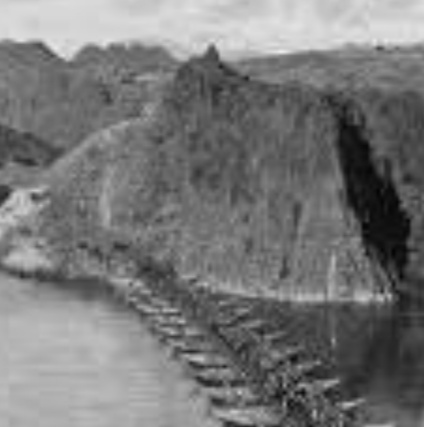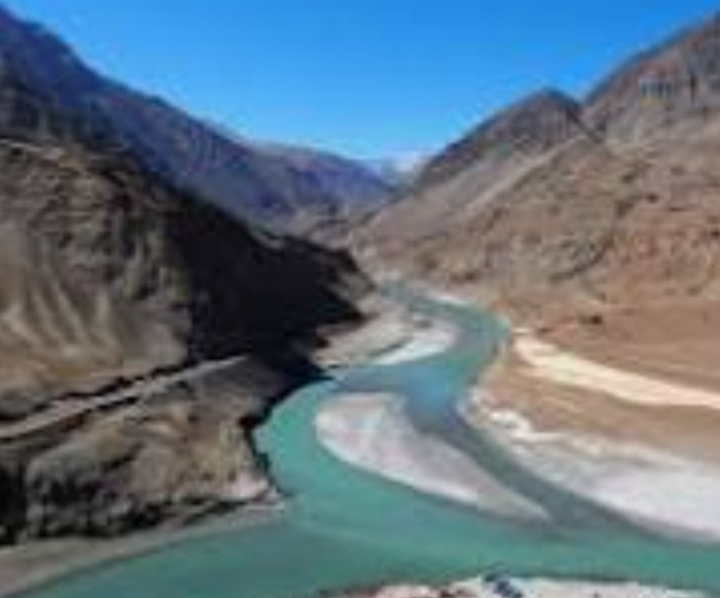The term civilization refers to complex societies, but the specific definition is contested.
The advent of civilization depended on the ability of some agricultural settlements to consistently produce surplus food, which allowed some people to specialize in non-agricultural work, which in turn allowed for increased production, trade, population, and social stratification.
The first civilizations appeared in locations where the geography was favorable to intensive agriculture.
Governments and states emerged as rulers gained control over larger areas and more resources, often using writing and religion to maintain social hierarchies and consolidate power over larger areas and populations.
Writing allowed for the codification of laws, better methods of record-keeping, and the birth of literature, which fostered the spread of shared cultural practices among larger populations.
Degrees of complexity

Today, almost every city has a supermarket with a wide variety of available foods. We take for granted the fact that people have different types of jobs and that governments exist. But, reliable food sources, specialized work, and governments did not exist for most of human history! They are the products of historical processes that began with the first civilizations several thousand years ago.

A civilization is a complex society that creates agricultural surpluses, allowing for specialized labor, social hierarchy, and the establishment of cities. Developments such as writing, complex religious systems, monumental architecture, and centralized political power have been suggested as identifying markers of civilization, as well. When we see these changes occur, we should stop and ask, “Did people institute these practices because they were beneficial, or were they forced on them?” Historians debate this very question, trying to determine whether civilization was a bottom-up or top-down development.
First civilizations
The first civilizations appeared in major river valleys, where floodplains contained rich soil and the rivers provided irrigation for crops and a means of transportation. Foundational civilizations developed urbanization and complexity without outside influence and without building on a pre-existing civilization, though they did not all develop simultaneously. Many later civilizations either borrowed elements of, built on, or incorporated—through conquest—other civilizations. Because foundational civilizations arose independently, they are particularly useful to historians and archaeologists who want to understand how civilization first developed.
Some people think civilization is an advanced stage in the progression of human cultural evolution. But, when historians or anthropologists use the term civilization, they mean a society has many different, interconnected parts. So, rather than thinking about different forms of social organization as completely separate models, it’s helpful to think in terms of a spectrum of complexity. On one end, we have hunter-forager societies—which have little complexity—and on the other end, we have civilizations—which are highly complex. In between lie a wide variety of social structures of varying types and levels of complexity.
Geography alone cannot explain the rise of the first civilizations. The process of agricultural intensification had been going on for thousands of years before the first civilizations appeared, and it is important to remember that while agricultural surpluses were necessary for civilization, their existence in a given place did not guarantee that a civilization would develop.


